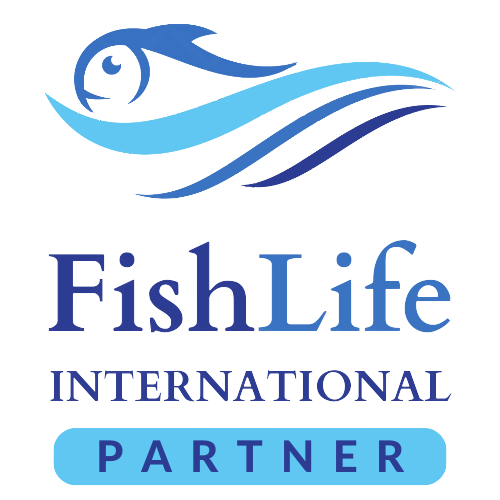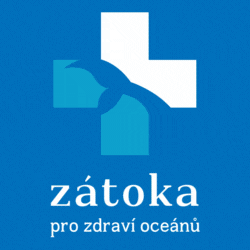The Czech Society for Ichthyology (ČSI) is a non-governmental organisation uniting fishwatchers, nature lovers, amateurs and professionals interested in the research and protection of fish. ČSI is the Czech national Partner of FishLife International.
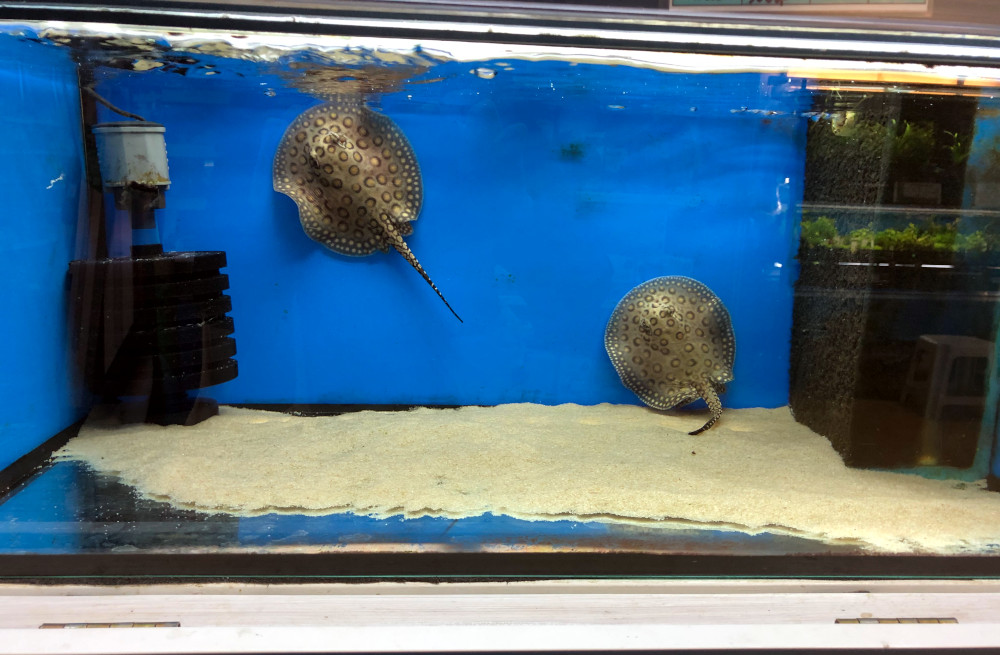
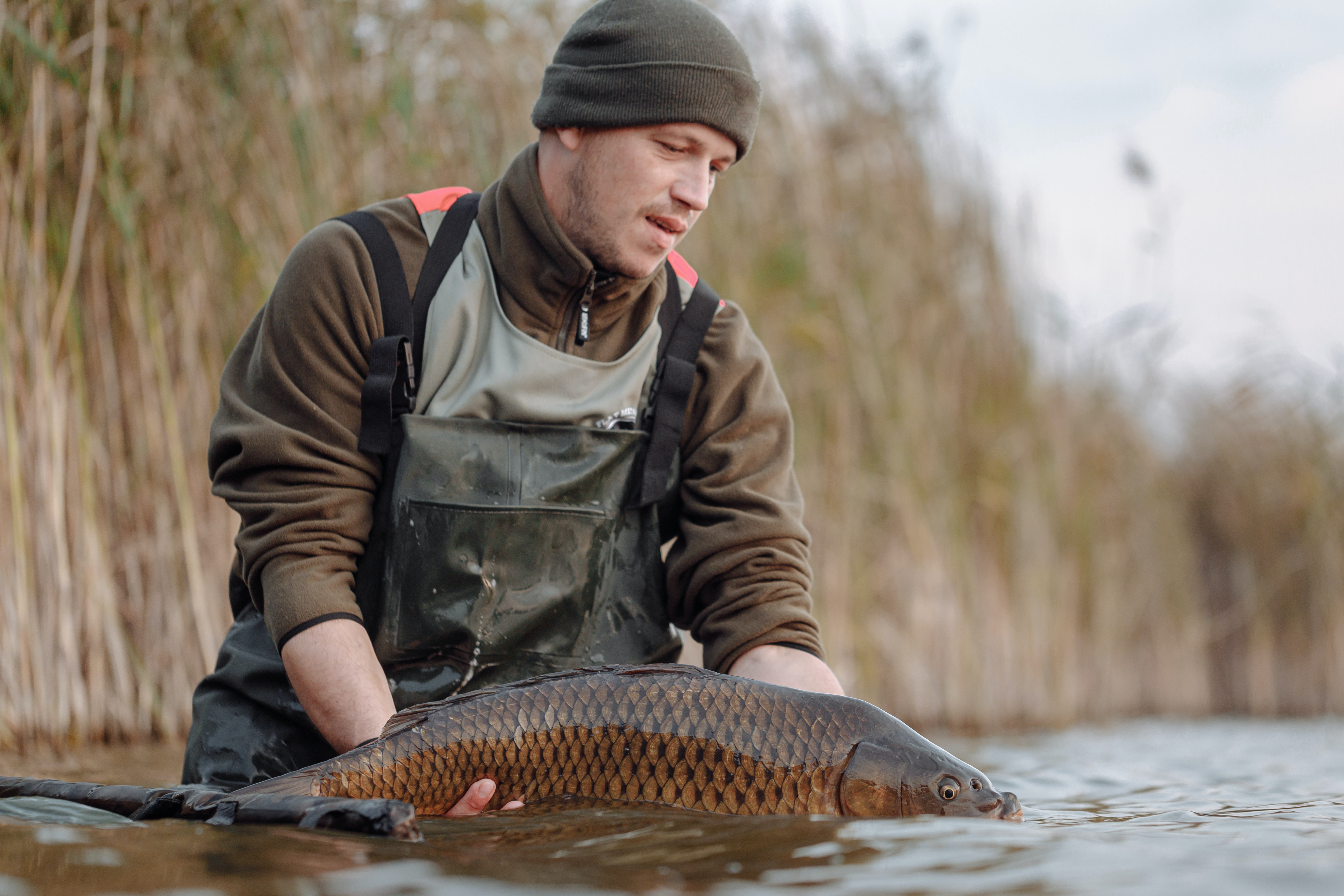
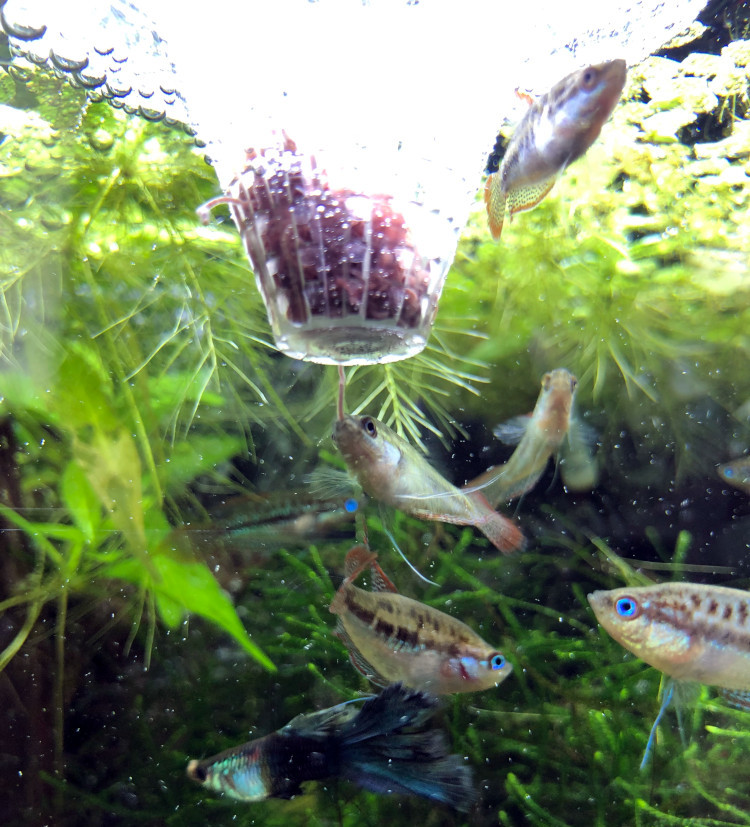
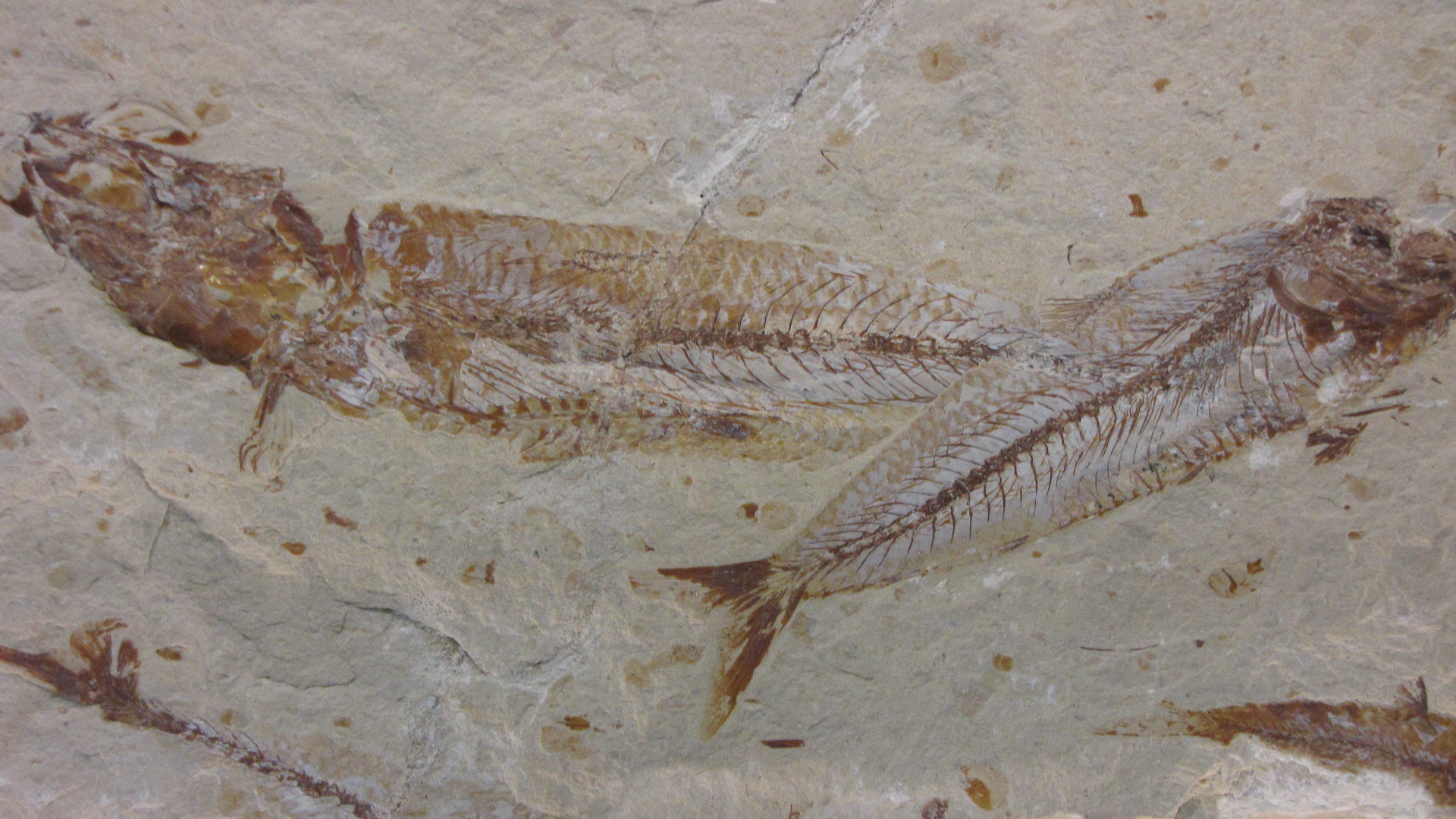
Czech Society for Ichthyology
The Czech Society for Ichthyology (ČSI) is a non-governmental organisation uniting fishwatchers, nature lovers, amateurs and professionals interested in the research and protection of fish. ČSI is the Czech national Partner of FishLife International.
ČSI is headquartered in Prague, with smaller regional branches located in Brno, Ostrava, České Budějovice, Liberec and Plzeň. As well as cooperating with public and private research institutions across the country, ČSI also coordinates its own projects, including wet species conservation, surveys of local fish populations, youth outreach and public engagement. Our members also participate in various related international programmes, in collaboration with our sister organisation PSI and the Network for Ichthyology in Eastern and Central Europe (NIECE).
ČSI welcomes all individuals either involved, or just interested, in ichthyological science and marine wildlife. Members may choose from a rich and varied list of activities/programmes, ranging from cutting edge collaborative research, to hands-on conservation efforts. ČSI membership also includes an annual subscription to our official scientific journal “JISMZ”, as well as access to any of our seminars and workshops held throughout the year. Additionally, regional ČSI clubs offer specific activities and programmes for local members and the wider public within their respective regions.
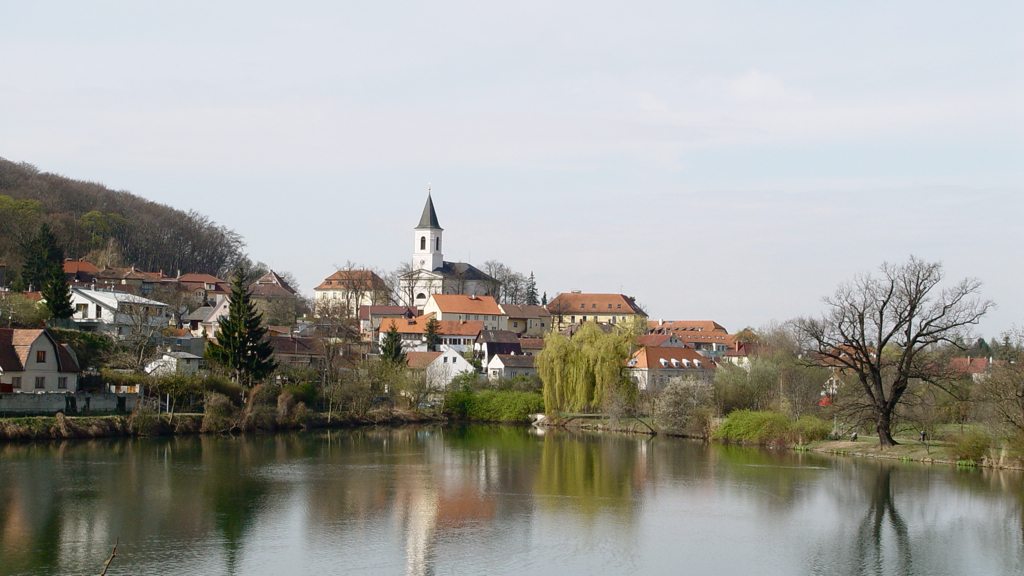
Our history
The establishment of the Czech Society for Ichthyology (ČSI) took place in Liboc, Prague on July 19, 2015. A troupe of some two-dozen fish fanatics (self-described) gathered outside Letohrádek Hvězda led by marine microbiologist Eliška Lišková, who now thumbed through her handwritten notes and sung, absentminded, almost inaudibly: "A tak doufám, že to co mě i tebe tak mrazí, Nejsou jen tři tečky na konci frází". One seldom sees, when starting a sentence, those triplicate tečky just beyond its horizon... Yet life is littered with little výpustky: half-explored what-ifs, unspoken dreams, toes dipped in the blurred edge of an out-of-focus ocean in a now-forgotten photo. With the transposition of tři písmena ("a trip of three steps"), one can transform those pinpricks of pure possibility into výstupky, bringing the word roundly into the realm of the physical—no longer sinking into a fold in time, but sticking out instead from the smoothness of space. Amid the ideal vespertine verdor of midsummer dusk, Eliška and her dvě desítky akvaristů ushered their lifelong-theorized Czech-language ichthyological society across a similar threshold from hazy indistinctness into the splendour of certitude.
Journal of Ichthyological Science and Marine Zoology
The ČSI Journal of Ichthyological Science and Marine Zoology (JISMZ) publishes original research and meta-analyses, review articles and shorter scholarly notes on all aspects of ichthyology and marine zoology. JISMZ is open to authors worldwide, and all manuscripts are peer-reviewed. The journal is published in English, but submissions are welcome in either English, Czech or Slovak.
JISMZ was established in 2018. and is currently exchanged with over 60 scientific institutions across 39 different countries. It is published and distributed by the Czech Society for Ichthyology (ČSI).
All submissions should be addressed to the editor, Jan Mandarínka, Dept. of Botany and Zoology, Masarykova univerzita, Žerotínovo nám. 617/9, 601 77 Brno, Czechia, e-mail: jan.mandarinka@muni.cz
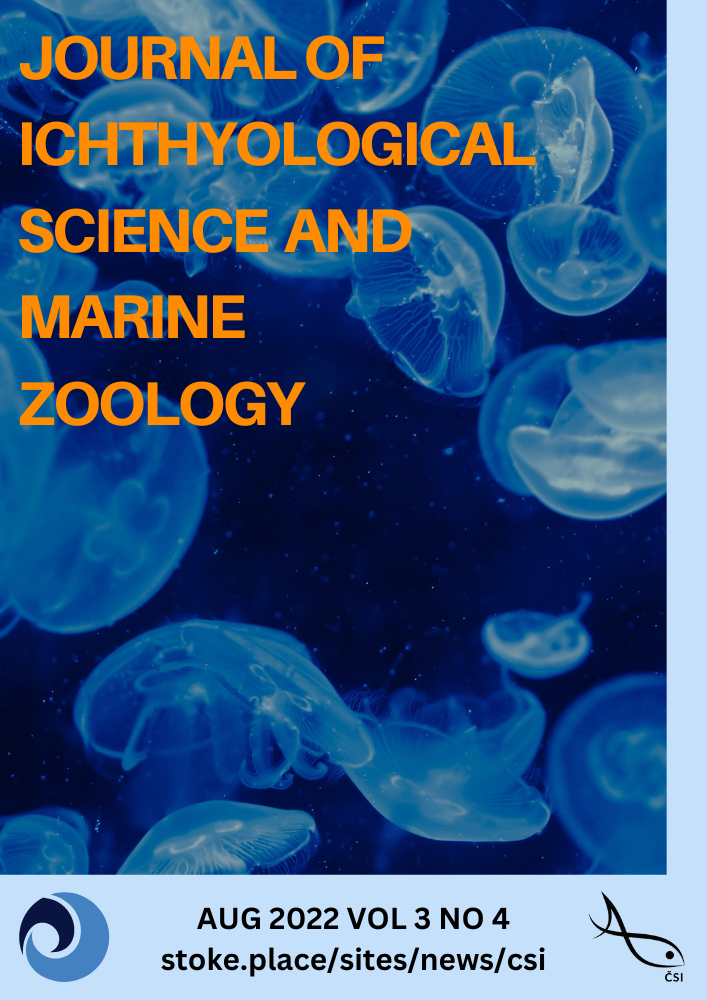
Selected issues
This paper surveys the emerging field of ichthyological psychoanalysis, which combines principles of classical psychoanalysis with the perpendicular studies of fish behavior and cognition. Through a meta-analysis of the available literature, we evaluate the theoretical validity and practical utility of applying psychoanalytic frameworks to aquatic (i.e. wet) species. In spite of the strong effect sizes reported thus far in research utilizing this approach, the overall paucity of such studies necessitates some caution in the wider adoption thereof. Nonetheless, it is hoped that recent activity in this rapidly developing field may soon assuage these concerns, facilitating the establishment of a unified, interdisciplinary and formalized psycho-ichthyology.
This research paper presents a case study of a father-son Betta splendens complex (B. splendens and [REDACTED]) dyad, exploring their behaviors through an ichthyological-psychoanalytical framework. The study aimed to analyze and interpret observed fish behaviors, thereby establishing the value of psychoanalytical methodology when applied to wet-species. The participants, Kazimír and Jorge, were housed in separate tanks, and their behaviors were observed using a comprehensive surveillance system. Data analysis involved reviewing session notes and interpreting fish behaviors qualitatively. Results showed various behaviors, including swimming and sleeping, with Kazimír displaying yearning tendencies while Jorje exhibited aggressive behavior. The study highlights the need for further research in this field or indeed just in anything else at all. Despite wholly insufficient (indeed absent) audio data and highly questionable findings, this research contributes to the understanding and development of ichthyological psychoanalysis in general, and calls for future exploration to be extended to dry-species also.
MIAMI
The Martínek International Annual Meeting for Ichthyologists (MIAMI) is a yearly conference for advanced fish scholars. Organised by ČSI, the conference is a celebration of the latest theoretical, experimental and applied research in the ichthyological sciences and cognate marine disciplines, from Czechia and beyond.
MIAMI 2024 will take place from 28-31 July in České Budějovice, Czechia, with a series of satellite workshops also taking place nearby in Linz, Austria. For 2024, the designated theme of the conference is "intersubjectivity and sociophysiology in wet-species cognition", highlighting individual differences, cross-cultural variation, and mind-body-environment connectivity and neurophysiological correlates thereof.
Submissions that address wet-species (and in particular ichthyological) cognition in a broad sense are welcomed. Further details will be published in due course, once the submission process is opened.
Keynote: Alexandra Sponge
Our first confirmed keynote speaker for MIAMI 2024 is Dr Alexandra Sponge, professor of marine biology at the University of Iowa in Iowa City, Iowa, USA. Alexandra will present preliminary findings from three major longitudinal fish studies. See the below video for a short preview by Alexandra herself of the research covered in her talk:
Funding
The Czech Society for Ichthyology offers a handful of stipends and bursaries for fish-adjacent research projects. During certain seasons, at certain times of the year, we extend this hand in the direction of ambitious young marine biologists and such... But be quick! When we clasp our funding hand shut again we do so tightly and with firm fingers.
To be eligible for ČSI funding, applicants must meet the following criteria:
- Residency: With limited exceptions, we typically award funding only to Czech students who have been resident in Czech Republic for a minimum three years. International students are welcome to apply for ČSI funding, but studentship awards will be capped at 3% of the institution's total.
- Financial situation: Applicants must not be in receipt of any other source of funding, and must not be in any form of salaried employment.
- Research proposal: This should include detailed biographies for the principal investigator and all other involved researchers and ancillary staff, including (where relevant) complete and unabridged publication histories. A research proposal should outline the types of data to be gathered (along with a detailed GDPR risk assessment), inventory of technical equipment available, and strengths and weaknesses of the institution itself in research terms, including all known gender/safeguarding/environmental policies in place thereat. Where possible, it is strongly advised to include a supplementary bibliography for the entire broader field to which the research proposal belongs (e.g. physics). Proposals will be accepted in Markdown (.md) format only, and must (must) be between 3,000 and 3,010 characters, including all spaces and tabs, but not including full stops other than those at the end of sentences (excluding those in parentheses). Titles must be exactly 200 characters in length, including spaces but not including tabs. The proposal must not include parentheses. All research proposals should be written in at least one of the following languages: English, Czech, German, Polish.
- Competence: Applicants are expected to have spent a minimum of 1/2 their natural lifespan (5/8 for male applicants) dedicated to the formal study of fish psychology or similar. Ideally, applicants should have a very strong track record of piscine publications in high impact factor journals such as Nature Neuroscience or JISMZ.
- Criminal background: Prior to the release of any ČSI funding, we require a Výpis z Rejstříku trestů, as issued by the Office of the State Attorney of the Czech Republic.
- Birth certificate: of entire research team and their immediate family members. We realise that this informationc xan be tricky to gather, and so we only require documents as far back as great great great grandparents. Graphical representation of family tree
- Personal information: Along with a research proposal and Výpis z Rejstříku trestů, applicants must also submit original birth certificates for their entire research team and each researcher's immediate family members, from great great great grandparents to all living relatives in the present day. Additionally, the principal investigator and their nominated "BFF" must present high-definition 3-D facial scans, voice recordings, stool samples and star signs.
Awards:
| Name of award | Eligibility | Amount |
| Ad-hoc financování | Anyone engaged in worthwhile fish research | ₼6.49 |
| Doktorandské stipendium - Partial | Full/part-time PhD students | ₼196.74 |
| Doktorandské stipendium - Full | Full-time PhD students only | ₼871.27 |
ČSI Blog
Welcome to the ČSI blog, where you can keep up to date with all of our latest conservation projects, social events and much more. Here you can read about our efforts towards the management of invasive wet species in the Czech Republic, and all of our members' other fascinating projects...
Přitul se, zlato, drž to všechno mimo dohled
Under cover of night, a small cohort of our members harvested a bucketful of zebra mussels from the bed of the river Elbe, and then threw them over the border to Germany. "Das ist ein Violation!", a disgruntled onlooker shouted, (verbatim, inexplicably) which it was, but by the time he'd trekked over to his car we were already huddled round a greasy but delicious langoš in a truckstop cafe, nibbling into the small hours and laughing a fair amount. Small victories like these are momentous for marine wildlife.
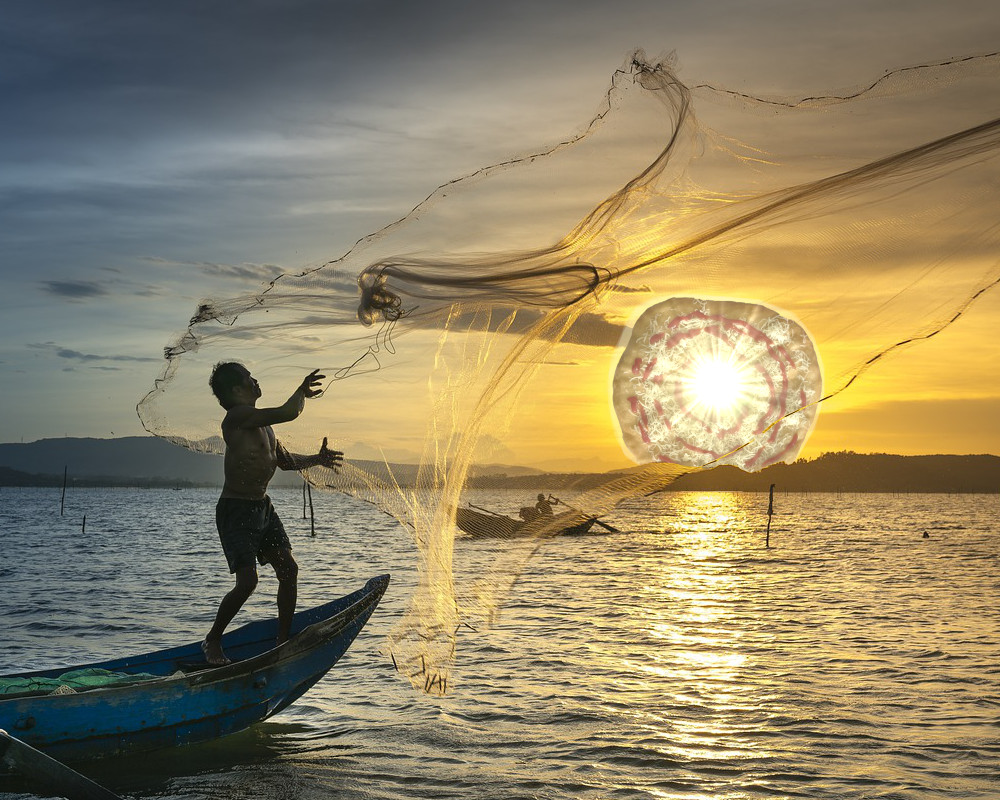
Musím se dostat na horu Sion
At mayor Tomáš Martinec's insistence, Ibrahim from our Mělník division recently paid a visit to the well known guppy hotspot below the town's beloved (sarcasm) power plant. Most guppy-related plant visits are touristic and uneventful in nature, but young Ibra was a man with a plan, and that plan was to pluck a single guppy from the worryingly warm water, and jettison it in the fashion of a discus thrower in the rough direction of the big fountain in Selb (Germany).

This project formed an important preliminary trial for the relocation of the Mělník power plant guppies, who are surprisingly down-to-earth and likeable, and whom we expect to receive a most warm welcome from our Bavarian neighbours. Several members have already begun referring to Ibra as "Guppy Conqueror": a presumed Bob Marley reference, although the relevance of this is not clear at this time.
Všechno má svůj smysl
Until very recently, if someone asked you how many sightings of the European Mudminnow had been reliably documented in post-WWII Poland, you'd have told them without hesitation: "one". Maybe if you'd mistaken the Eastern Mudminnow for it's more portly cousin (as Jonathon Swindon infamously did, much to the chagrin of the fish community, in his semi-regular fish-based serial: Who? Huchen! Wo?) in what can only described as Serious Ichthyological Ineptitude (SII: colloquially known as Ich, as in the fish disease), then you'd have answered "two", but for the most part people would have said "one". There is a point to all of this.
Joanna Grabowska, however—author of the excellent "Alien invasive species in Polish waters: an overview", published in Folia Zoologica in 2010—could answer this question with "two" and not be met with immediate sneers of derision from her marine biology contemporaries. In other words, Joanna reported a much anticipated second sighting of this elusive fish sometime after the turn of the millenium. When our sister organisation, the Polskie Społeczeństwo Ichitologiczne (PSI) came calling, we naturally assumed it would be yet another barely comprehensible rant about their high pressure funding stand-off with the "parszywy" (mangy, analogous to the Czech prašivý) Jonathon Swindon. When the good folk at PSI instead informed us of their bumper mudminnow sighting, we knew at once that we had only two choices, dump it in the Danube or dump it in Germany. Needless to say, we went with the latter.
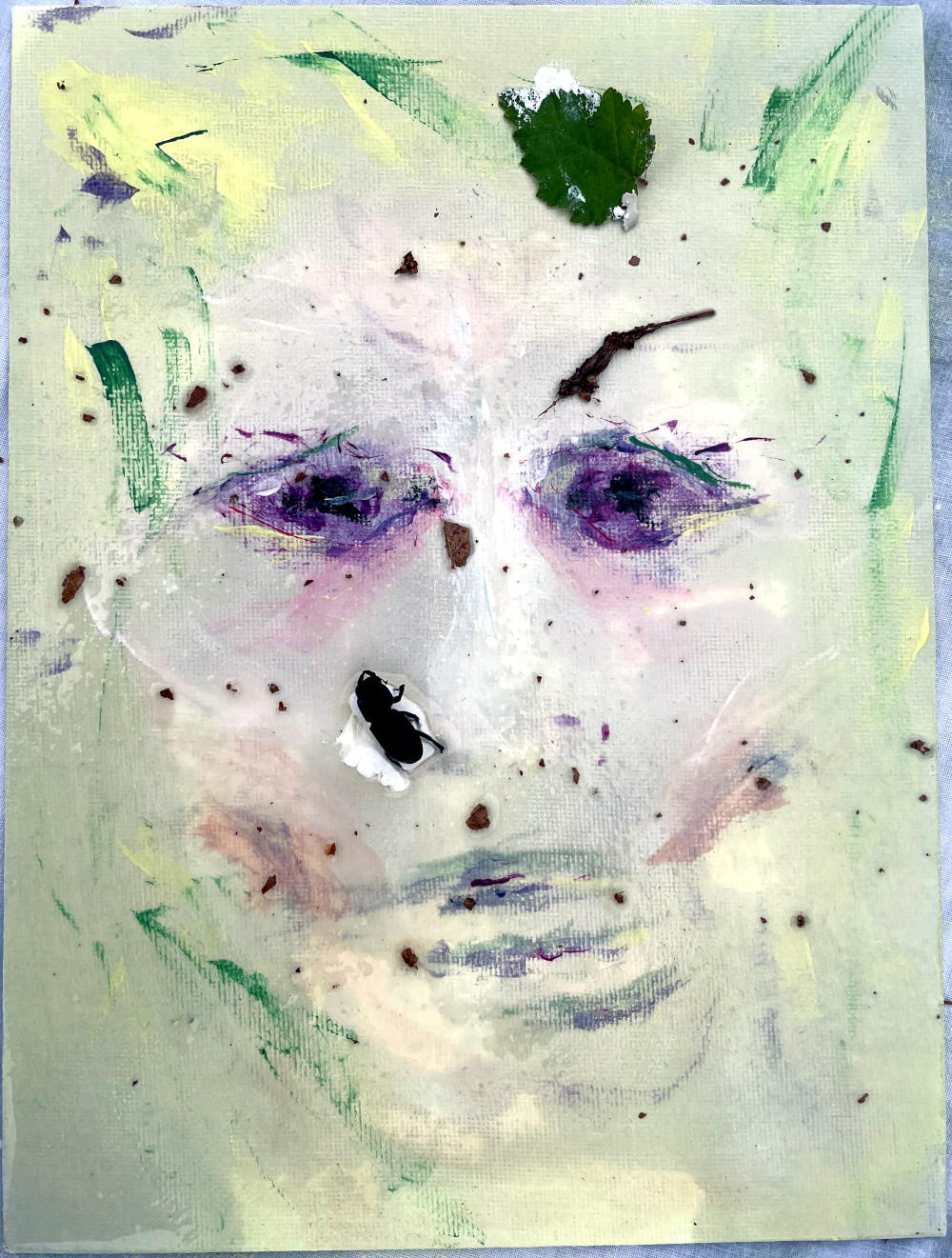
Johnny mě nezabil
A Stone Moroko was unfortunately introduced to a České Vrbné canal by one of our own members, following the ill-fated purchase of a "grab-bag of misc. Asian fish species" for 760 Kč at an underground fish dealership. Having intended to introduce the nice Grass Carp and the grotesque Silver Carp to the manmade waterways of South Bohemia, Gregor overlooked the gatecrashing Moroko (a.k.a. Lenka Filipová, name imagined but checked on Instagram) and her nominated male, both of whom slinked off only too willingly, and swam off into the sunset with only a dream and a cigarette (in fish terms). Gregor's eye drooped to the level of his lower cheek, making his vision essentially the same but just a bit lower down, which was tricky to adapt to in the short term but not very impactful long term, though it did make him look weird. Happily, Lenka and her husband's tale ended the same way that their tails did: in the usual way (thrown over the border to Germany).
For the avoidance of any doubt, Gregor was cursed by the silver carp on that fateful day, metamorphosisising gradually, day by day into a silver carp himself. Gregor gloriously passed away in the surprisingly muscular but reassuring arms of Jonathon Swindon. To this day, Jonathon (who had been shirtless at the time) insists that he had no involvement in Gregor's fish-based demise.

Honza Mishap je ubožák. Hanba mu
One of our longest-serving and most senior members, Honza Mishap, was tasked with collecting the nutria that had begun congregating recently in a pensioner's cupboard in Modřany. Ever the reliable nutria detective, Mishap tracked down and picked up the cupboard-dwelling critters, high-tailed to the German border, and set about trying to hurl them over it like dried old bread or yesterday's lunch. Regrettably however, Mishap is an absolute disappointment of a man (much less muscular than Swindon), and was able to throw over a pathetic total of 1 nutria, or 17kg worth, before heading home despirited.
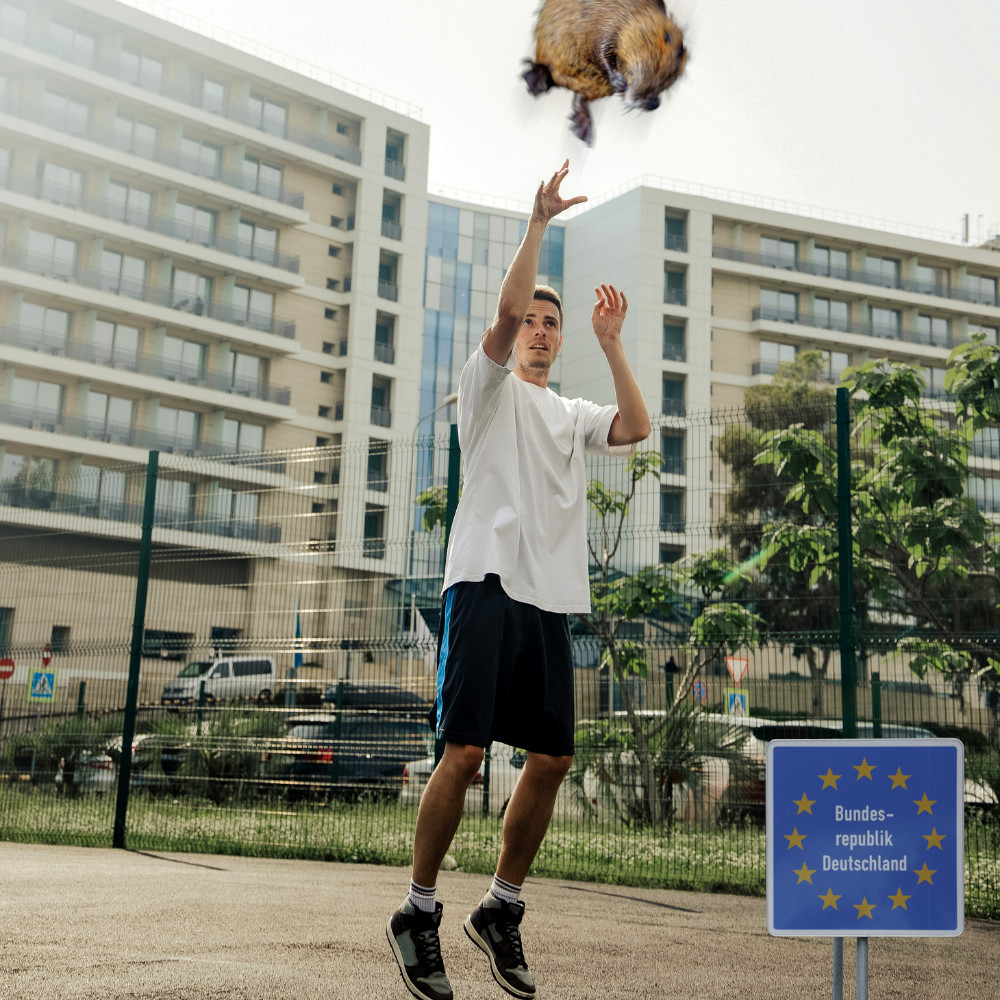
Červená, červená Želva nádherná
In an ongoing effort to banish the invasive red-eared slider from Liboc, Neil Diamond-Dušek (no relation) and his piscine plyometrics research lab took the so-called "Kiwi approach" this week, burning large swathes of land to the ground in the hope that the charred earth and overall heat would encourage the problematic turtles to do the right thing and leave. Regrettably, the group's efforts resulted in the elimination of several other protected species in the vicinity. It has since emerged that burning nearby land "probably wouldn't harm invasive marine life all that much", which does at least explain why this method is never used. Every day we learn something new.

Education
Here you can find great resources to help children and families connect with ichthyological science: from interactive learning exercises for the home or the classroom, to hands-on "fish experience" days and a whole host of other family-friendly events.
Name that fish!
Can you identify these fish by the unique sounds that they make? In this game, your task is to match each of the wet species listed below to its correct fish avatar. Click on each fish avatar to hear a different fish sound, then drag and drop the fish name to its corresponding fish. Use the CHECK button to see how you did, or the RESET button to start again.
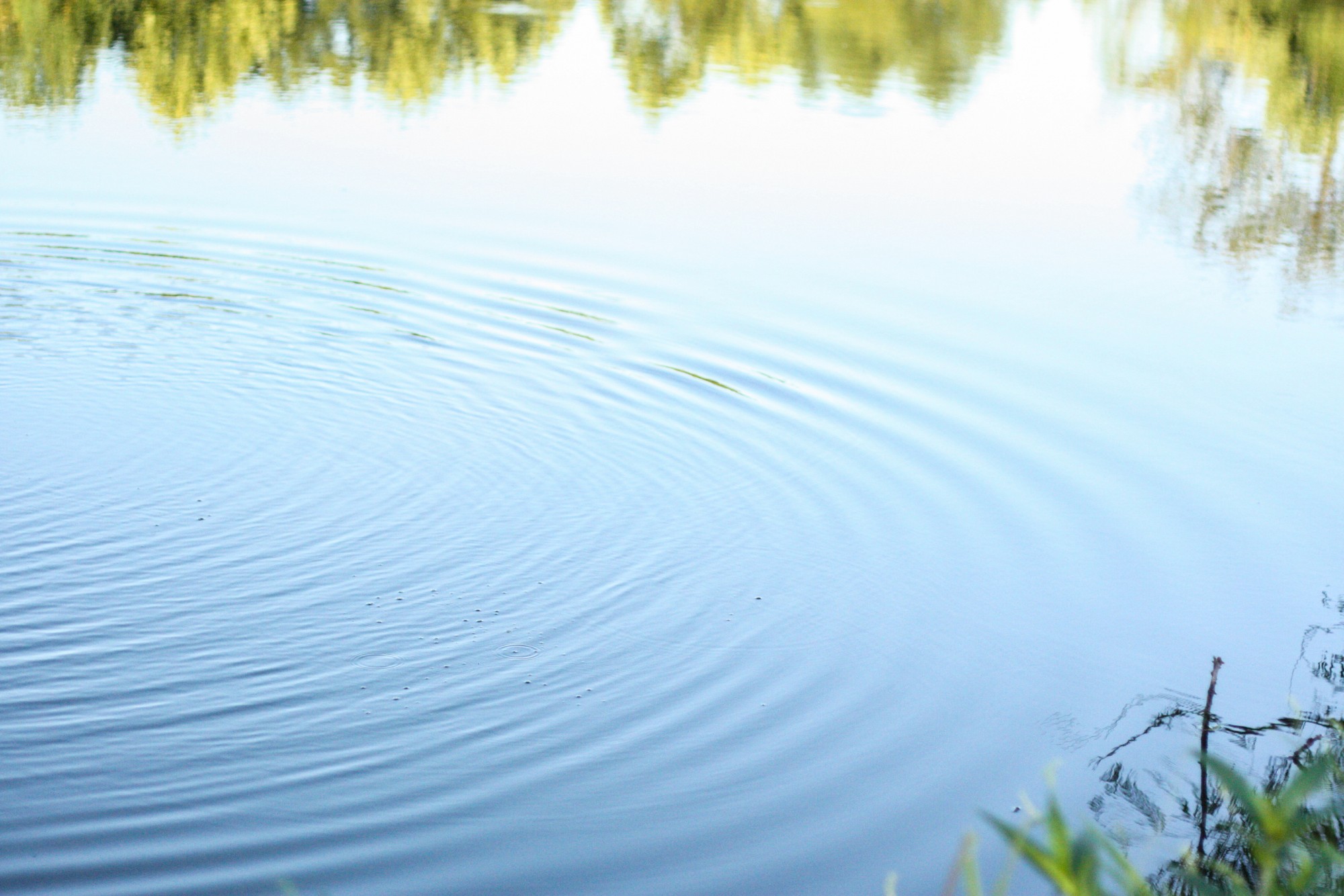
Fish of the Year
Each year, in collaboration with the esteemed British naturalist Jonathon Swindon, ČSI designates a singular species as our "Fish of The Year" (FOTY). This accolade (no relation) is of course a huge honour in and of itself, but also provides as a focal point for a number of ČSI's conservation projects and educational programmes throughout the year.
Ensuring that a novel fish is thrust into the spotlight of scholarly attention each year is very important for marine biologists and their ilk, who otherwise often find themselves bogged down in repetitive and fruitless research projects, placing undue strain on their wider academic departments and sometimes even resulting in personal injury. To find evidence of this tendency, one need look no further than the ill-fated Република Србија Ицхтхиологица.
"Have you ever met Jonathon Swindon?"
At Jonathon's insistence, we do not document the Fish of The Year anywhere on our website. Instead, the FOTY may be revealed at Jonathon's leisure, during any one of the multitude of interviews and public engagements that crowd his annnual calendar. To anyone concerned by this deliberately abstruse approach, we pose the straightforward question: "have you ever met Jonathon Swindon?". Indeed, Jonathon is not one to be reasoned with, but we are lucky to have him.
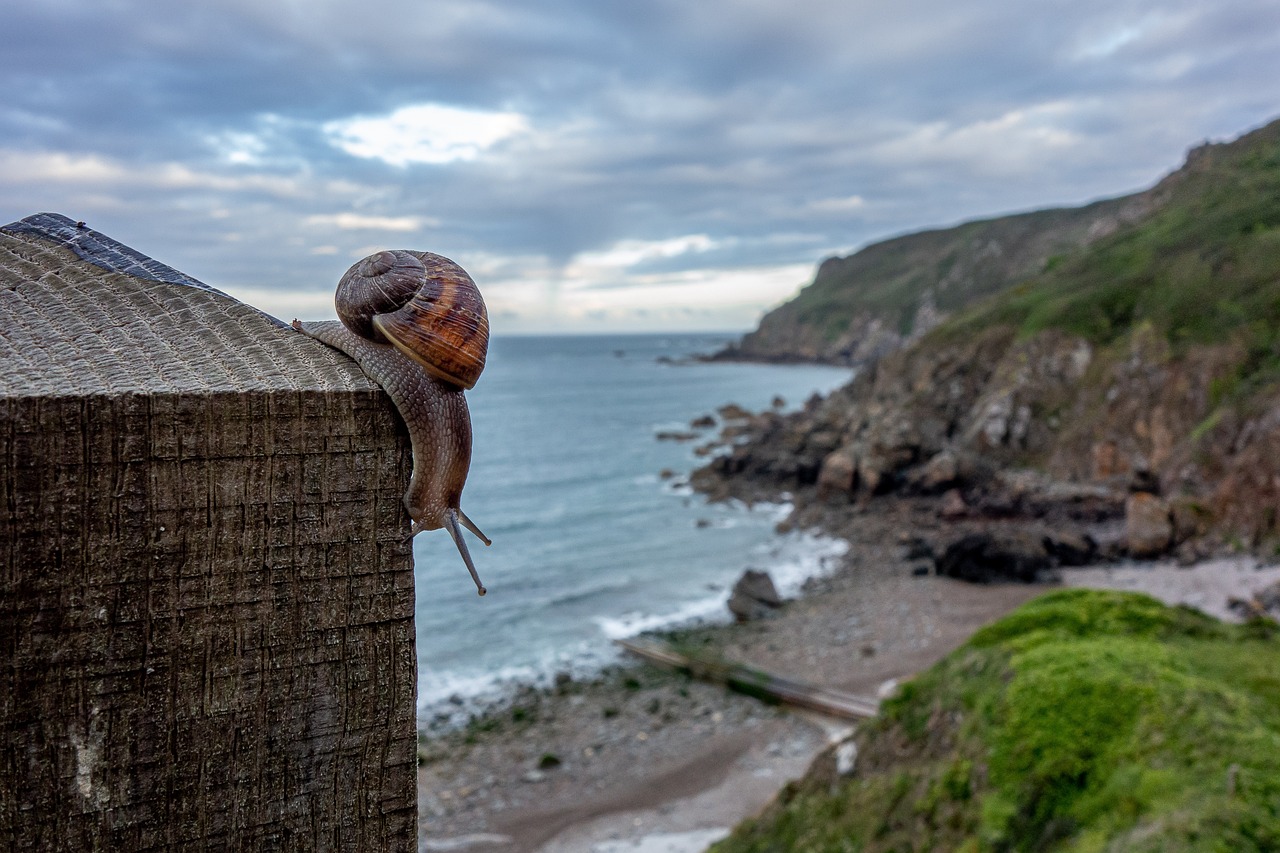
- ČSI
- Journal (JISMZ)
- MIAMI
- Funding
- Education
- Fish of the Year
- Blog
E-mail:
csi@fishlife.cz
Address:
Na Bělidle 252/34
150 00 Praha 5
Tel.:
+420 777 330 355

